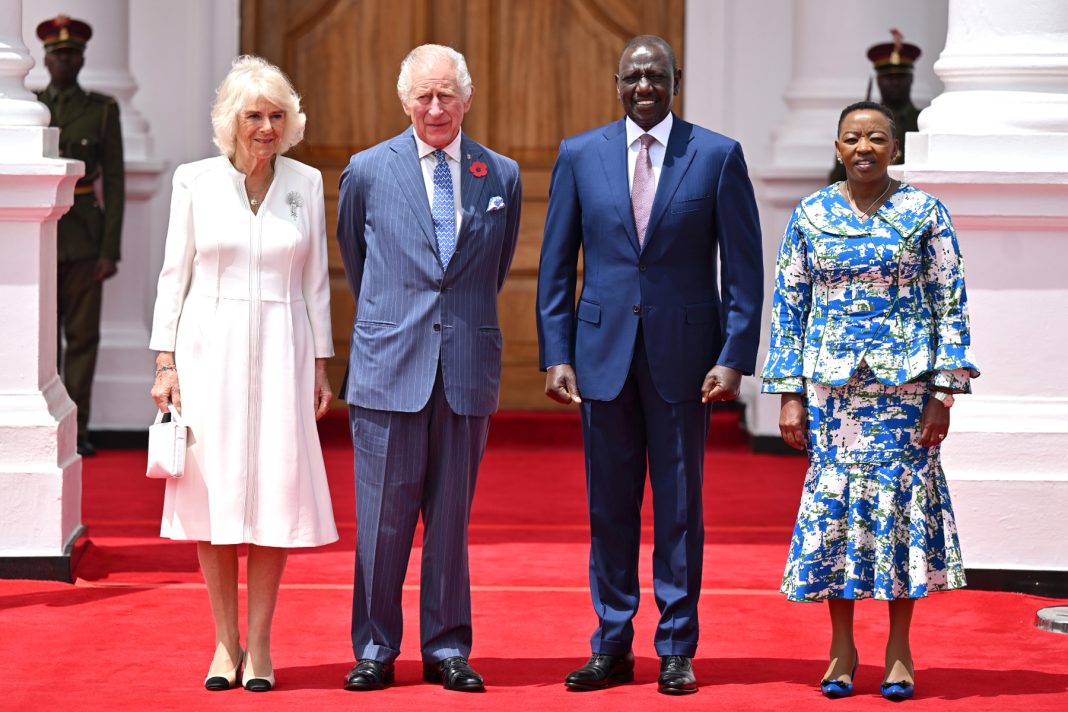Charles III and Camilla have been invited by President William Ruto to visit Kenya. It promises to be a stormy visit. Kenyan activists are attacking the legacy of British colonial rule and demanding an apology from the King. Read more.
A visit against a backdrop of sensitive issues. King Charles III and his wife Camilla landed in Kenya on the evening of Monday 30 October. This is the British monarch’s first visit to a Commonwealth country since his coronation. The couple will stay in this East African country until Friday, between Nairobi, the capital, and Mombasa, the port city. The invitation comes from William Ruto, President of Kenya, which is preparing to celebrate 60 years of independence in December.
While the main purpose of the visit is to underline the strong and dynamic partnership between the UK and Kenya, Buckingham Palace has also said that the trip will provide an opportunity to discuss “the most painful aspects of the shared history of the UK and Kenya” in the years leading up to independence.
From October 1952 to December 1959, the Mau-Mau rebellion fought against British colonial rule. In all, more than 10,000 people were killed as a result of this revolt. Some Kenyans are eager for the King to apologise for past crimes. The Daily Mail reported that anti-crown protests broke out in the capital Nairobi on Monday 30 October. According to the Mail on Sunday 29 October, the Kenya Human Rights Commission urged Charles to make an “unequivocal public apology” and pay reparations for abuses committed by the colonial authorities. Slogans against the monarchy abounded: “Let’s return our historically appropriated land” and “Down with colonisation” were the slogans on the placards of the demonstrators.
The story of Kenya’s independence
On 20 October 1952, a state of emergency was declared in the British colony of Kenya following a revolt by the Mau-Mau, a secret society of Kikouyous. Why did they revolt? The British colonial power had left them less than a quarter of Kenya’s arable land. The revolt left 32 civilians and 63 soldiers dead among the Europeans and 10,000 Mau-Mau among the Africans. Severely repressed, this episode led the British government to reflect on the status of the country, which until then had been perceived as a land of European settlement. Kenya gained full independence on 12 December 1963 and adopted a republican regime, while remaining part of the Commonwealth.
Photo credits: AGENCE / BESTIMAGE
